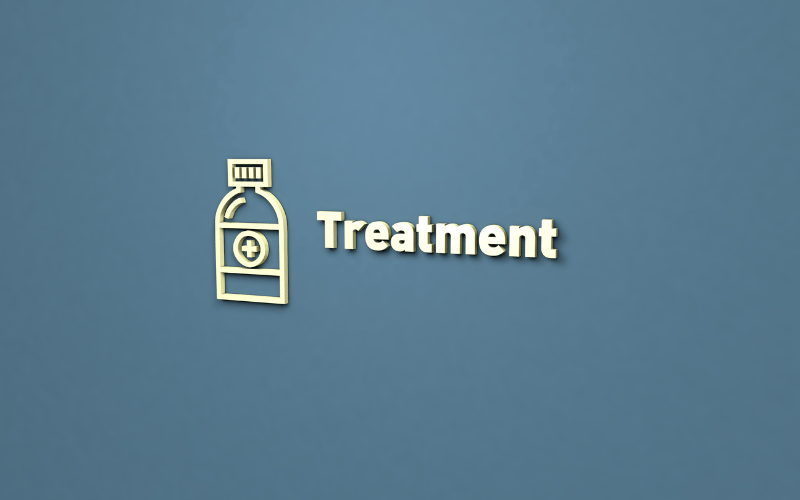Fact 13: Post-treatment Challenges

Emerging from the clutches of oral cancer treatment is no small feat. But, the path to complete recovery is often riddled with hurdles. Physical, emotional, and social challenges rear their heads, necessitating a comprehensive post-treatment strategy. Treatments can leave patients grappling with a myriad of side effects. Altered taste, difficulty in swallowing, speech impediments, and facial disfigurements can become daily realities. Navigating these changes requires a multidisciplinary approach, roping in nutritionists, speech therapists, and reconstructive surgeons.
The psychological scars often run deeper than the physical ones. Depression, anxiety, self-esteem issues, and fear of recurrence cast long shadows on the survivor’s psyche. Professional counseling, peer support groups, and family interventions can be instrumental in healing these invisible wounds.
Returning to the ebb and flow of daily life, post-treatment, can be a daunting task. The altered physical appearance, potential speech challenges, and dietary restrictions can make social interactions intimidating. It’s a learning curve, one where patients relearn social cues, rebuild confidence, and redefine their ‘new normal’.
The specter of recurrence necessitates consistent monitoring. Regular check-ups, scans, and maintaining a vigilant eye for any unusual symptoms become part and parcel of the post-treatment landscape. It’s a lifelong commitment, one that ensures early detection should the disease decide to resurface.
While medical interventions address the physical aspect, true healing is holistic. Embracing activities that nourish the soul, be it meditation, art, music, or reconnecting with nature, can significantly bolster the recovery process. It’s about stitching the fabric of life back together, one thread at a time. (13)